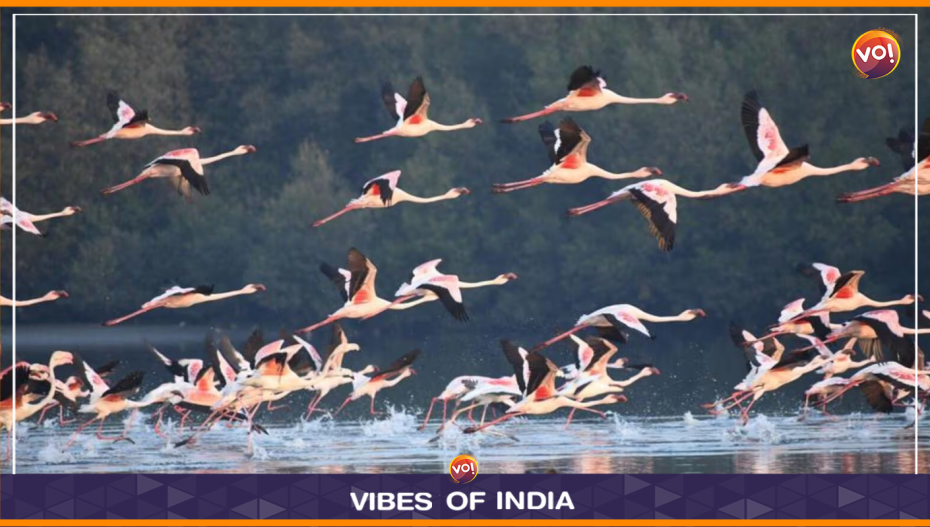It’s undeniable that our world has become increasingly fast-paced and demanding. Let’s analyse it in the context of food. Our populous world demands food that’s generated quickly. It must be affordable too. But humankind needn’t be told how these demands are met. It’s pesticides that help yield more crops and decrease cost of food.
Now, the flipside that’s well-documented. Pesticides adversely impact the fertility of soil owing to damage to microorganisms. They contaminate groundwater. Farmers risk their health – and the scare of cancer forever lurks. It’s harmful to children too, especially when their internal organs are maturing. In short, pesticides have a detrimental effect on both the environment and human health.
The harmful effects of pesticides could be gauged in the declining number of birds in the UK, scientists have claimed. Birds that depended on invertebrates for food like yellow wagtails, swifts and spotted flycatchers suffered the most.
According to a report by an English daily, 550 million fewer birds fly over the continent compared with a generation ago. A team comprising 50 researchers analysed data collected by thousands of citizen scientists in 28 countries over almost four decades. It emerged that intensive agriculture-related activities contributed to the decline in the continent’s bird populations.
The study examined how 170 bird species reacted to four widespread manmade pressures, including agricultural intensification, forest cover change, climate crisis and urbanisation. It revealed that the number of wild birds of all kinds across the continent dropped by a quarter since 1980. Among farmland species, this decline deepened to more than half. The numbers among farmland species fell by 56.8% since the research began, the study claimed.
Urbanisation, which is on the increase across Europe, was identified as having an adverse effect on the bird population.
“It’s more than a smoking gun,” Richard Gregory, a senior conservation scientist at the RSPB, and one of the lead authors of the study, was quoted as saying. “The losses are quite huge. And a lot of them go back to that kind of an insect diet or linkage with insects, which is suggestive of a link to the way we’re farming land.”
Northern, cold-preferring species of birds were under heavy pressure. Rising temperatures across Europe contributed to the declining numbers (39.7% according to the report). The numbers among southern warm-preferring species came down to 17.1%, indicative of a massive problem in the times to come.
Also Read: Gujarat SSC Results Expected To Be Declared In June













